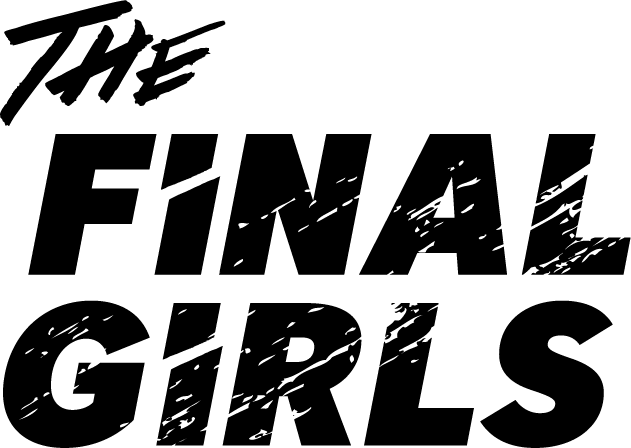The Trauma of Being Censored
Prano Bailey-Bond’s Censor, follows Enid Baines (Niamh Agar), a film censor working for the BBFC in a smoky Soho Basement. We join Enid in the peak of the Video Nasty surge, when low budget, high gore and exploitation films were being produced and circulated (often under the counter) and the government and media were warning that such salacious materials would corrupt the moral fabric of society. Her job consists of watching and rating the most gruesome of horror, in order for it to be certified, cut, or banned.
Enid’s life and job, much like the Thatcher government she lives through, is bleak in its austerity. The only moments of colour are flashes of blood red that fill the screening room. While the violent content of the colourful and camp horror films are blamed for all of society’s ills, reducing the blame apportioned to the government’s brutal regime against its citizens. Easier to blame an exaggerated piece of cinematography than a Tory government. It becomes clear that we all construct stories to cope, from media frenzy’s that avert blame, to Enid’s personal narrative as she struggles to move on from her childhood trauma.
This depressing political climate is just the backdrop to Enid’s personal pain. She doesn’t get involved in the policy of her work, or socialising with her colleagues or anything for that matter, she is the ghost haunting her own life. The trauma of her sister’s disappearance at the age of 7, still holds her captive.
Her sister’s disappearance has destroyed Enid’s family, but while her parents wish to move on, she remains stuck in the past. Enid is in many ways still childlike, struggling to progress past the traumatic event she endures; she sulks; she bites her nails and believes a heroic fairy-tale ending still exists for herself and her lost sister.
Censor is a horror film by and for horror buffs. Bailey-Bond’s debut film is an homage to the 80s slashers that were so many of ours’ first loves. It is for the children who coveted the videotapes that lived on the top shelf of the rental store, the ones out of reach of small arms with black and red covers that promise violence.
Bailey-Bond has shown her love for 20th century horror with dark wit, while demonstrating a respectful empathy for childhood trauma and its lifelong repercussions. Enid’s bureaucratic role is not just a job to her, she hopes to find answers in the horror. In the opening scene while discussing the film’s certification, her comments are more directorial than censorious She states the final scene, where a girl is chased through a forest, would have a redemptive quality if you saw who dragged her off. Like many of us who have experienced trauma, Enid searches for reasons and answers where there are none. Hoping that there is an explanation for her tragedy.
Although it may seem oxymoronic due to the graphic, fright-filled nature of the genre, horror is a mental health band aid for many. There is a catharsis in living out fears from the safety of the cinema, or the sofa. And while the horrors of real life often have no justification or redemption, on screen they do. Women especially, by becoming monstrous, are given their revenge arc. Carrie punishes her bullies, Jennifer devours boys, women hunt their rapists and transform from victim to vindicator.
In homage to the Video Nasties, Censor draws inspiration from, Bailey-Bond fills the screen with all the lurid colour and joy of giallo.. Although typically the Italian genre separates the perilous woman from the killer brooding with psychosexual desires, Censor intertwines the two. The heart-breaking truth of childhood trauma is that we are often fated to relive it. Whether by forming relationships with equally problematic people who remind us of home, acting out violently ourselves, or adopting the abusive and destructive habits of those that raised us. The fear of the media that violence begets violence is in a sense true but not in the reductive sense that watching a horror film inspires the creation of horror in real life. Unlike the style Censor takes from, Enid’s story resists misogynistic victimisation of the woman, by becoming the instigator. In her giallian nightmare Enid is both prey and predator tormented by the psychosexual violence she watches on screen and the possible fate of her missing sister.
The resolve and heroic ending that Enid seeks leads her even deeper into a world of the twisted gore of 80s horror. Censor in its camp twisted nature offers an honest and tragic look at untreated childhood trauma, which haunts and possesses our adult lives until we address it head on. But most therapists would advise against bringing an axe.
Billie Walker is a London based writer, lover of horror and hater of late stage capitalism. She is often found chasing the sun round her garden with a campari based drink, a bucket of olives and a bad book.
We've been going independently for years now, and so far have self-financed every single project. In order to do more work, and continue supporting amazing filmmakers in the genre space, we've launched a Patreon.
If you are able to support us and the work we do on Patreon, we'd truly and deeply appreciate it.


